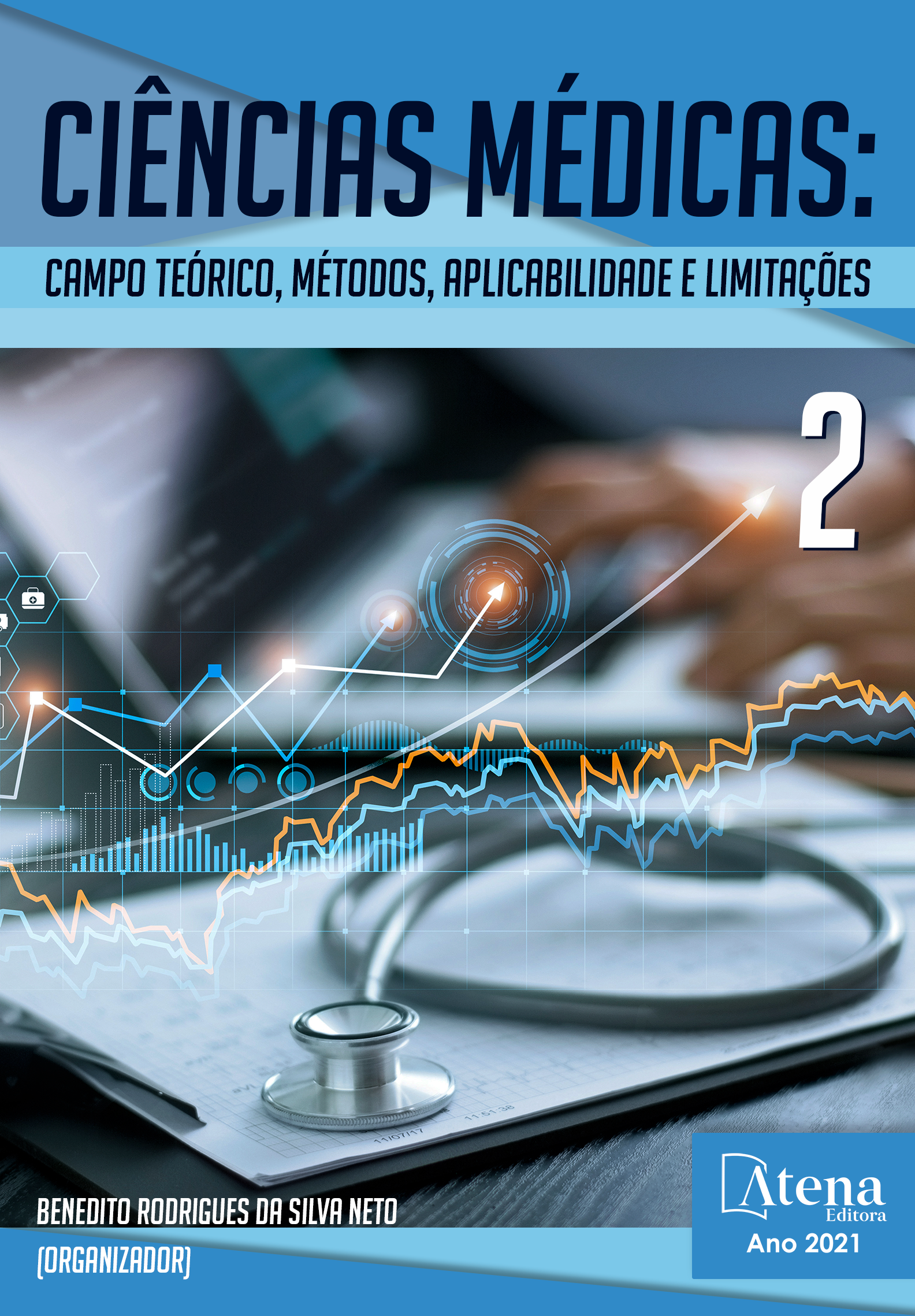
USO DE INIBIDORES DE BOMBA DE PROTÓNS E RISCO DE FRATURA: UMA REVISÃO
O uso de Inibidores de bomba de prótons e desenvolvimento de fraturas ósseas não é uma nova observação, sendo relevante uma revisão sobre a ocorrência dessa desordem em pacientes sob uso desses fármacos. Assim, objetivou-se reunir dados recentes na literatura especializada que permitam conhecer as evidências científicas sobre a relação da fratura com uso de IBP’s. Realizou-se uma revisão de literatura de artigos científicos publicados na plataforma PubMed, incluindo todos os artigos originais de 2016 a 2021 na língua inglesa, de acordo com os critérios de inclusão preestabelecidos. Além disso, excluiu-se todas as patentes, teses, livros, citações, resumos, revisões de literatura e artigos em outras línguas. Observou-se que, o risco de fratura óssea está associado ao tempo de uso de IBP’s em pacientes com diferentes faixas etárias, com ou sem comorbidades, dentre as quais podemos citar a osteoporose e diabetes. Evidenciou-se também que os pacientes em hemodiálise, ou portadores de cirrose hepática ou transplantados renais têm risco aumentado. Pacientes após transplante renal, que receberam IBP de maneira profilática ou não, apresentaram maior frequência de fratura de quadril, conforme os estudos. Por outro lado, foi possível verificar que o emprego desses fármacos na doença do refluxo gastresofágico em gestantes não afeta os ossos fetais em uma extensão clinicamente significativa. De forma geral, os resultados dessa revisão nos permitem sugerir que precisa haver cautela na prescrição dessa classe de medicamento, além do monitoramento desse evento adverso quanto ao seu uso. Chama-se atenção, portanto, ao aparecimento de fraturas especialmente em vista de como isso prejudica a qualidade de vida dos pacientes que precisam fazer a terapia antiulcerosa por tempo prolongado.
USO DE INIBIDORES DE BOMBA DE PROTÓNS E RISCO DE FRATURA: UMA REVISÃO
-
DOI: https://doi.org/10.22533/at.ed.92721080719
-
Palavras-chave: Inibidor de Bomba de Próton, Fratura, Saúde.
-
Keywords: Proton pump inhibitor, Fractures, Health.
-
Abstract:
The use of proton pump inhibitors and the development of bone fractures is not a new observation, and a review of the occurrence of this disorder in patients using these drugs is relevant. Thus, the objective was to gather recent data in the specialized literature that allow to know the scientific evidence on the relationship of the fracture with the use of PPIs. A literature review of scientific articles published on the PubMed platform was carried out, including all original articles from 2016 to 2021 in English, according to the pre-established inclusion criteria. In addition, all patents, theses, books, citations, abstracts, literature reviews and articles in other languages were excluded. It was observed that the risk of bone fracture is associated with the time of use of PPIs in patients with different age groups, with or without comorbidities, among which we can mention osteoporosis and diabetes. It has also been shown that patients on hemodialysis, or who have liver cirrhosis or kidney transplant patients are at increased risk. Patients after renal transplantation, receiving IBP prophylactic way or not, had a higher frequency of hip fracture, according to the studies. On the other hand, it was possible to verify that the use of these drugs in gastroesophageal reflux disease in pregnant women does not affect the fetal bones to a clinically significant extent. Overall, the results of this review allow us to suggest that there must be caution in prescribing this drug class, in addition to monitoring such adverse events as to their use. Attention is drawn therefore to the appearance of fractures especially in view of how it affects the quality of life of patients who need to make the anti-ulcer therapy for a long time.
-
Número de páginas: 30
- Marcos Roberto Dias Machado Júnior
- Marilene Oliveira da Rocha Borges
- Antonio Carlos Romao Borges
- Raphael Ferreira Faleiro
- Beatriz da Silva Ferreira de Lima
- Moisés Lucas Braz
- Vanessa Almeida Silva
- Karen Marayanne Torres Cavalcante Barros
- Natália Carvalho Fonsêca
- Jhônata Costa Moura
- Natália Silva de Carvalho
- Rachel Melo Ribeiro


